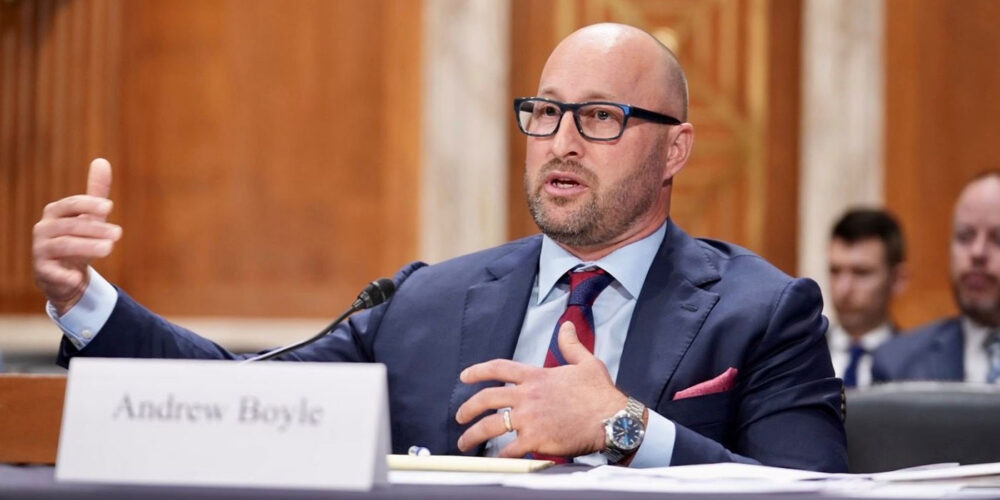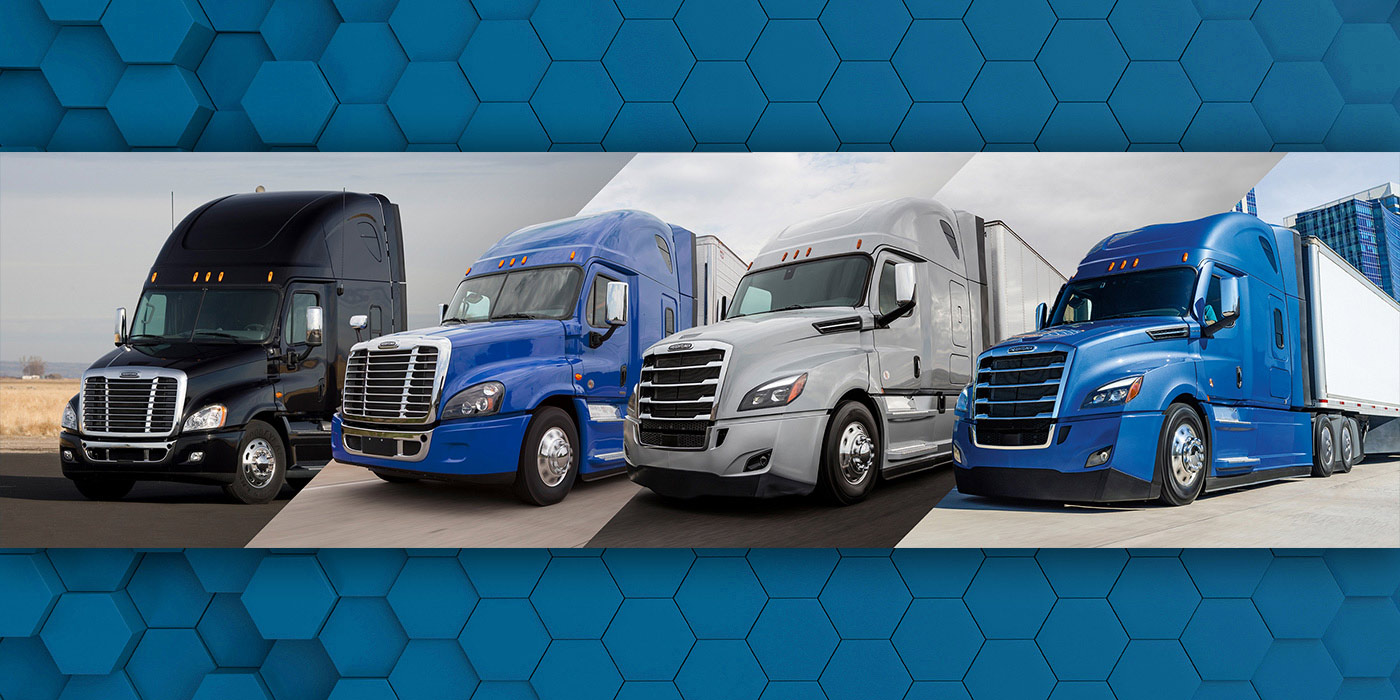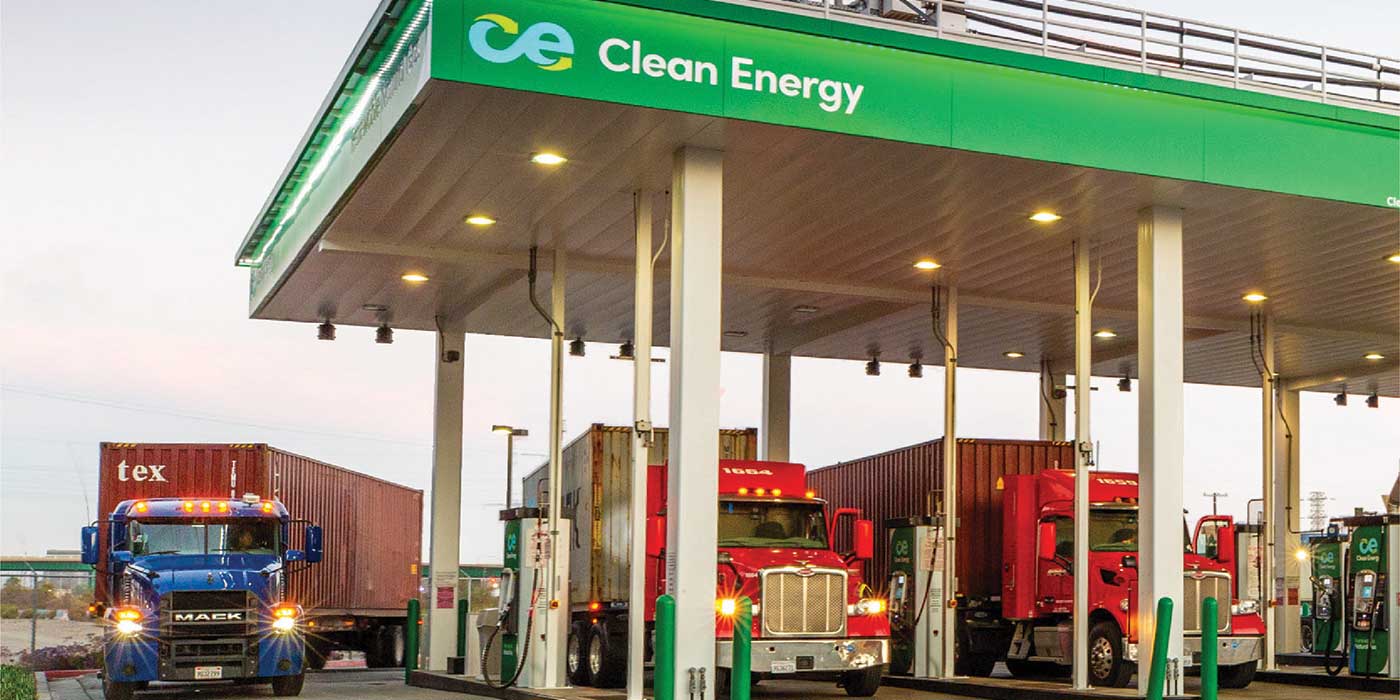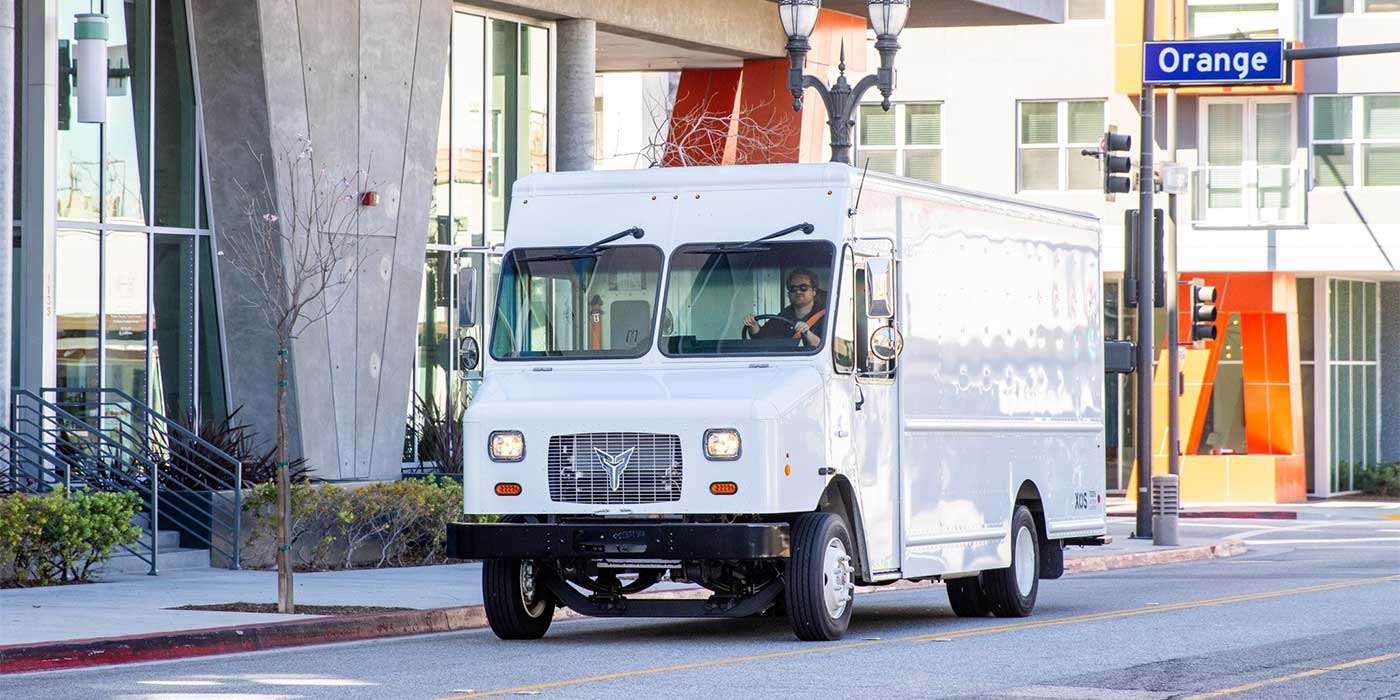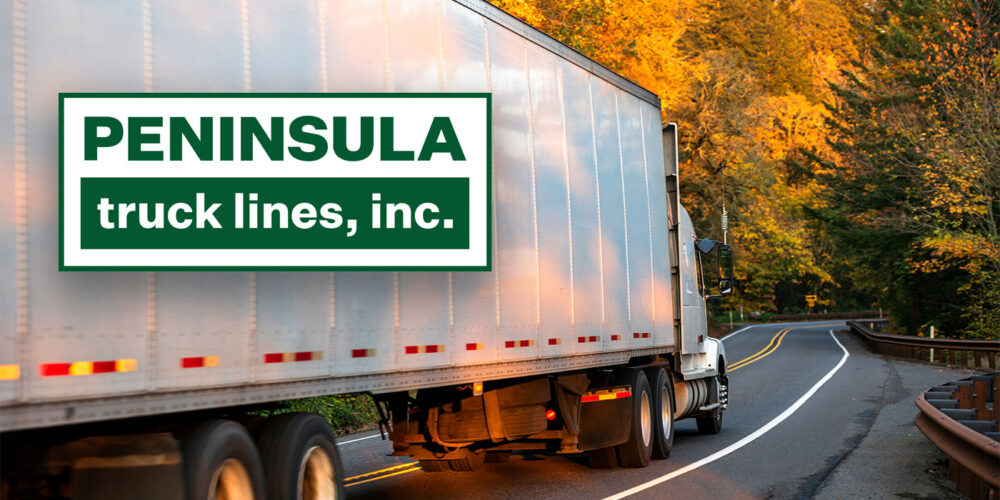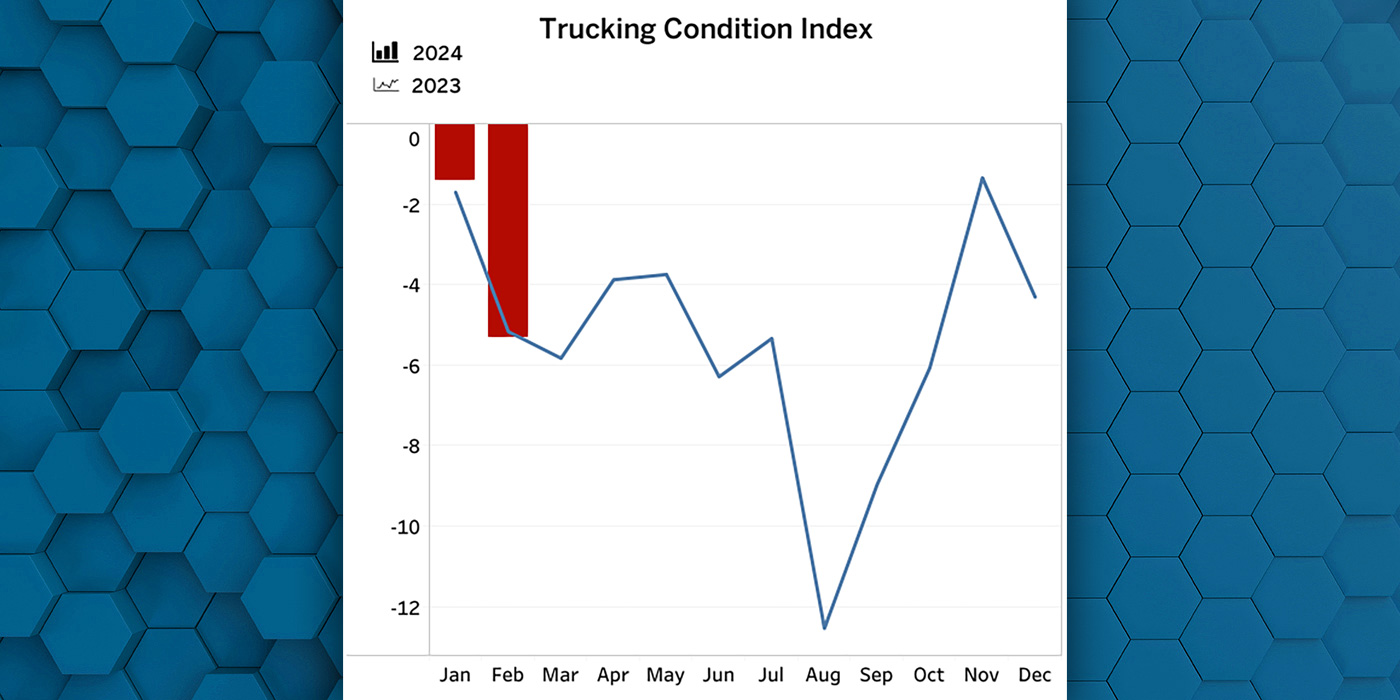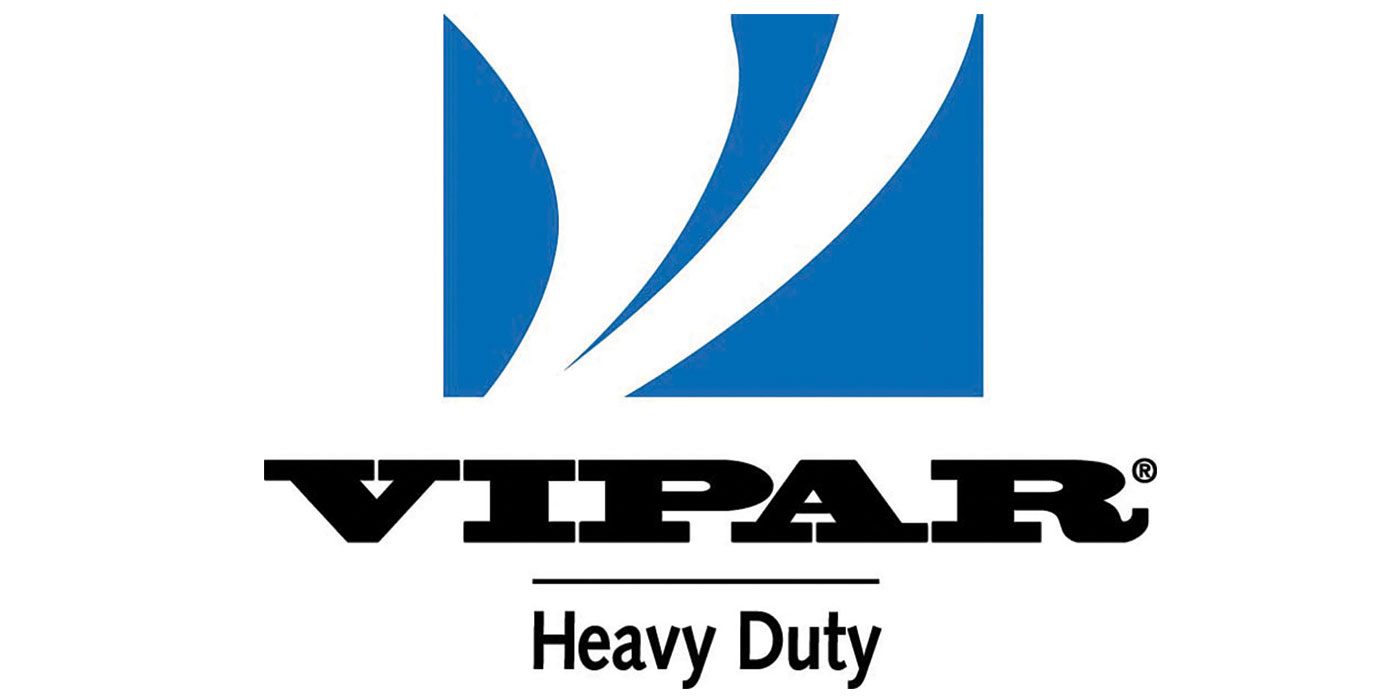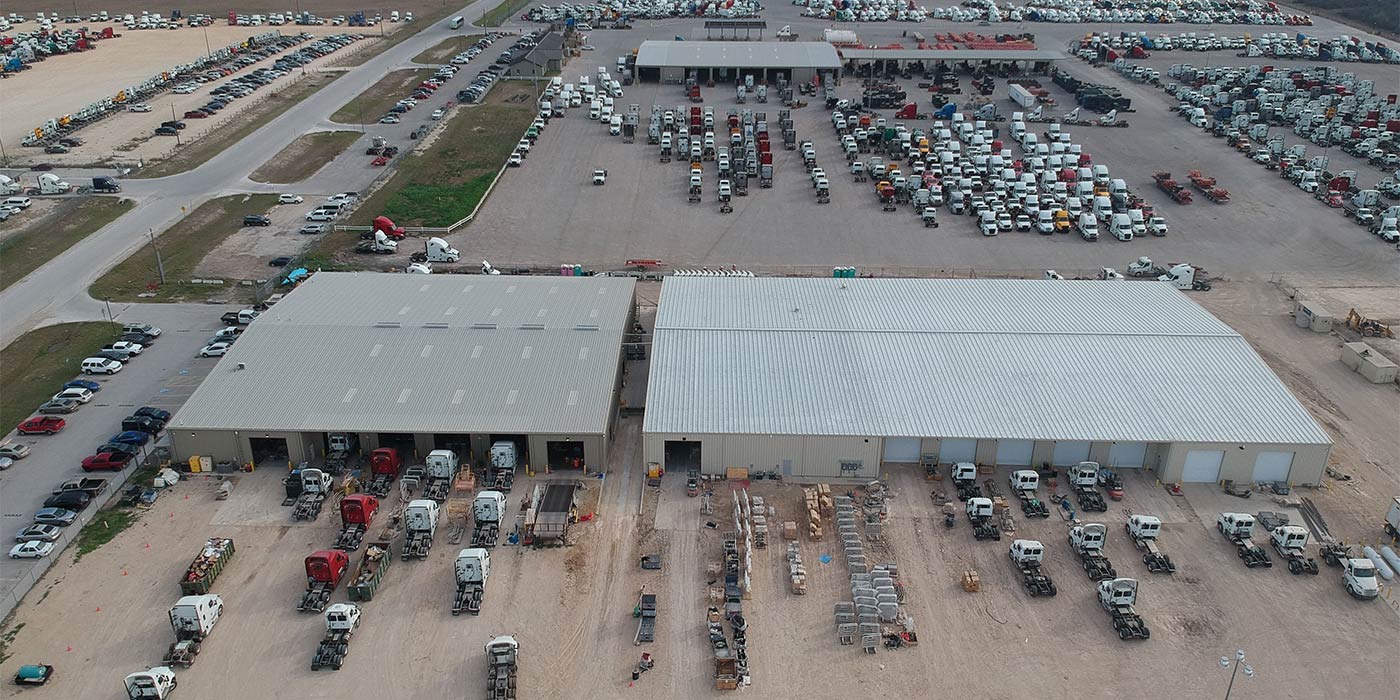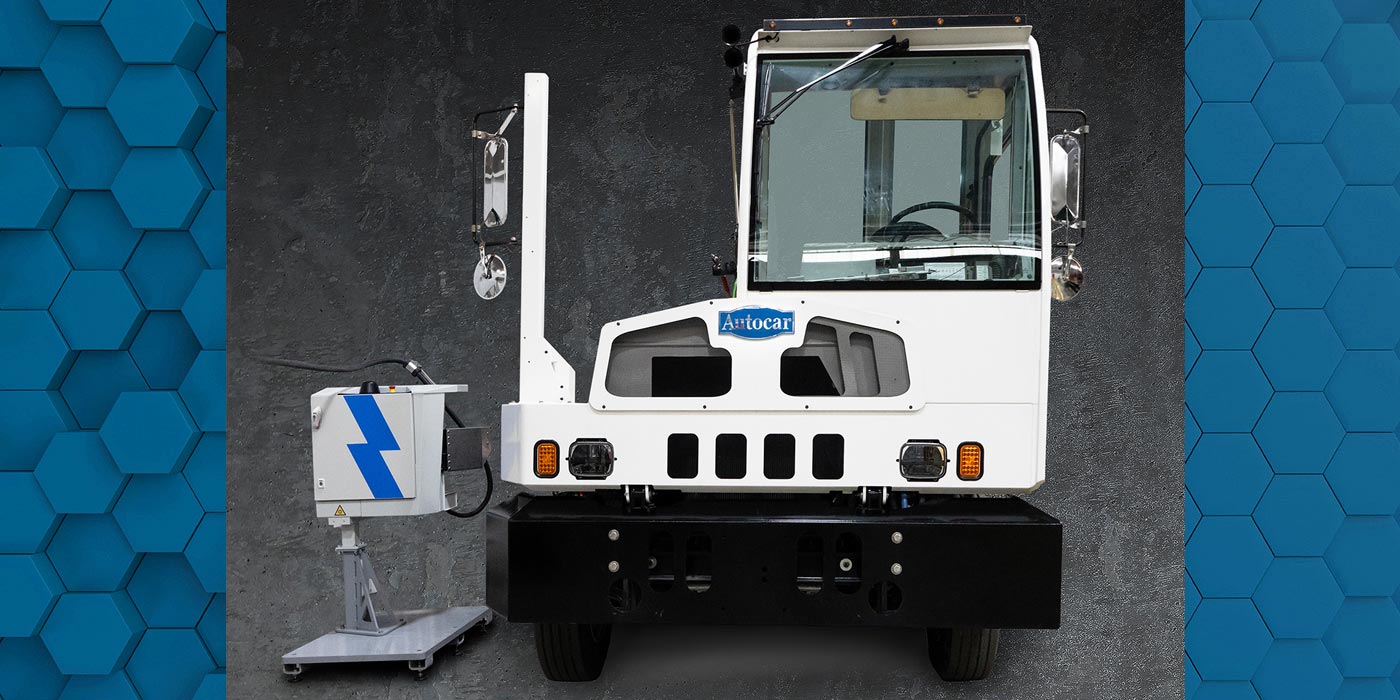Andrew Boyle, co-president of Massachusetts-based Boyle Transportation and first vice chairman of the American Trucking Associations, told Congress the trucking industry was committed to further reducing emissions but that regulations must be technically achievable, national in scope and set on a realistic timeline.
Testifying before the Senate Environment and Public Works Committee’s Clean Air, Climate and Nuclear Safety Subcommittee, the ATA says Boyle touted the industry’s strides in reducing emissions, citing that today’s clean diesel trucks produce 99% lower emissions than those from the 1980s. Boyle warned against the U.S. Environmental Protection Agency’s creation of a state regulatory patchwork in granting a waiver for California’s “Advanced Clean Trucks” rule, which is heavily predicated on the adoption of electric trucks.
“While we share the passion for EVs in cars and light-duty vehicles, projecting an automotive construct onto trucking industry dynamics is a massive mistake,” Boyle said. “Let me be clear: If battery electric trucks had adequate range, there was adequate charging infrastructure, and utilities brought online necessary electricity, we truckers would be delighted. But let me explain our reality.”
The ATA said in a recent press release that today’s clean diesel trucks can spend 15 minutes fueling anywhere in the country and then travel about 1,200 miles before fueling again. In contrast, today’s battery electric trucks have a range of about 150-330 miles and then take up to ten hours to charge.
According to the ATA, Boyle commented that even if we consider the availability of chargers, we would still need a significantly higher number of trucks to transport the same amount of freight. Additionally, each of these trucks would be 2-3 times more expensive than a diesel truck of the same size. He explained that switching the entire fleet of Class 8 trucks in the US to battery electric vehicles would require an investment of $1 trillion, and the cost of this investment would eventually be borne by consumers.
“We recognize that most people don’t understand how the trucking industry works behind the scenes to supply the American public,” Boyle said. “But we can’t allow unrealistic timelines, a state patchwork, and technically unachievable regulations to set trucking up for failure…Remember, we deliver food, medicine, and baby formula. Failure is not inconvenient; it’s catastrophic.”
In his written testimony, the ATA says Boyle identified several key areas where Congress can realize immediate and significant environmental gains, including:
- Investing Bipartisan Infrastructure Law funds to reduce traffic bottlenecks on the National Highway System, which wastes 6.87 billion gallons of fuel and pumps 67.3 million metric tons of CO2 into our environment annually;
- Repealing the Federal Excise Tax, which adds 12% to the cost of a new, clean truck.

